What To Do in 5773
Dr. Ruth, Shmuley Boteach, Mayim Bialik, Shalom Auslander, and 23 more on ensuring a meaningful year

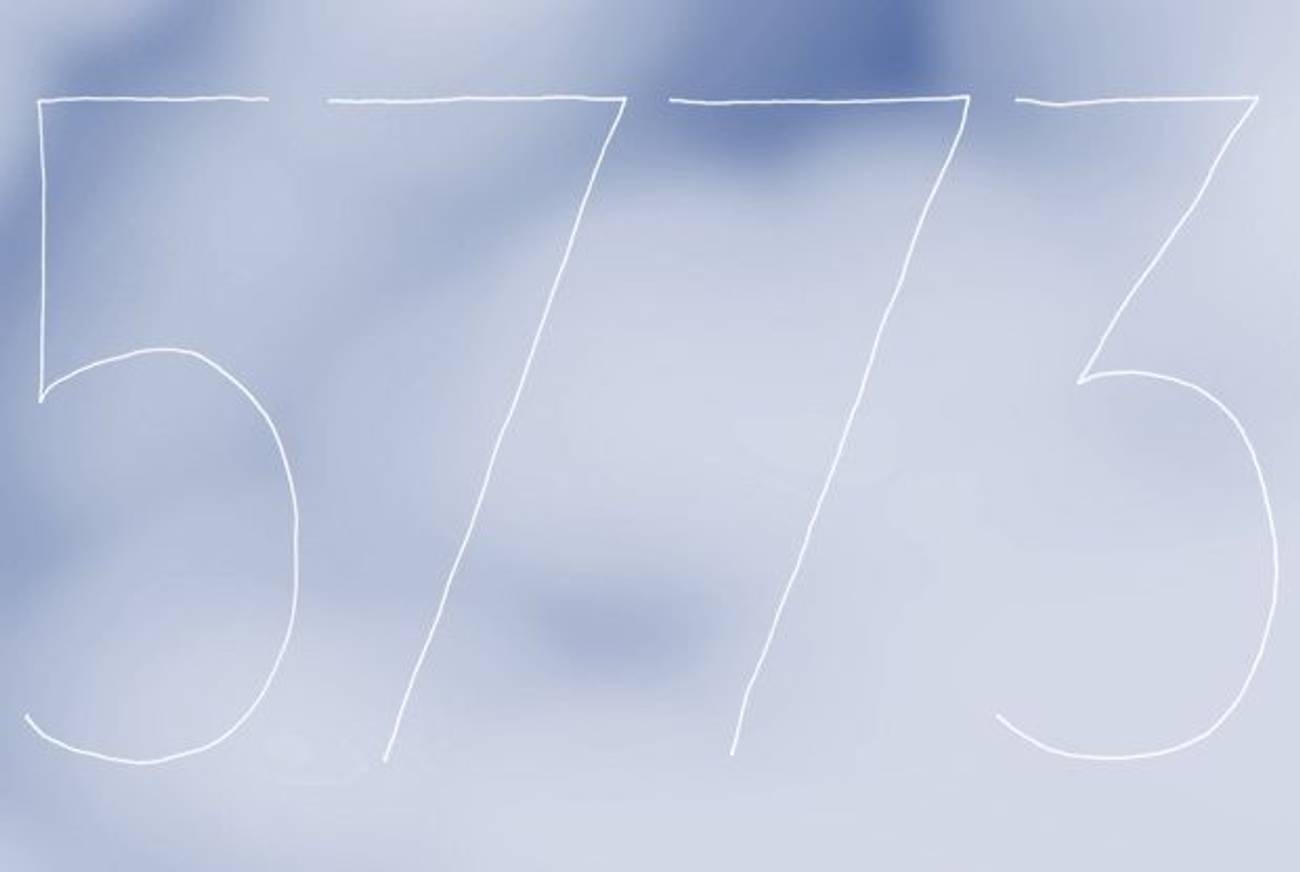


To celebrate Rosh Hashanah 5773, Tablet Magazine asked writers, artists, musicians, politicians, and others to name one thing they believe is necessary to do in the next 12 months to have a meaningful year.
Dr. Ruth Westheimer, sex therapist
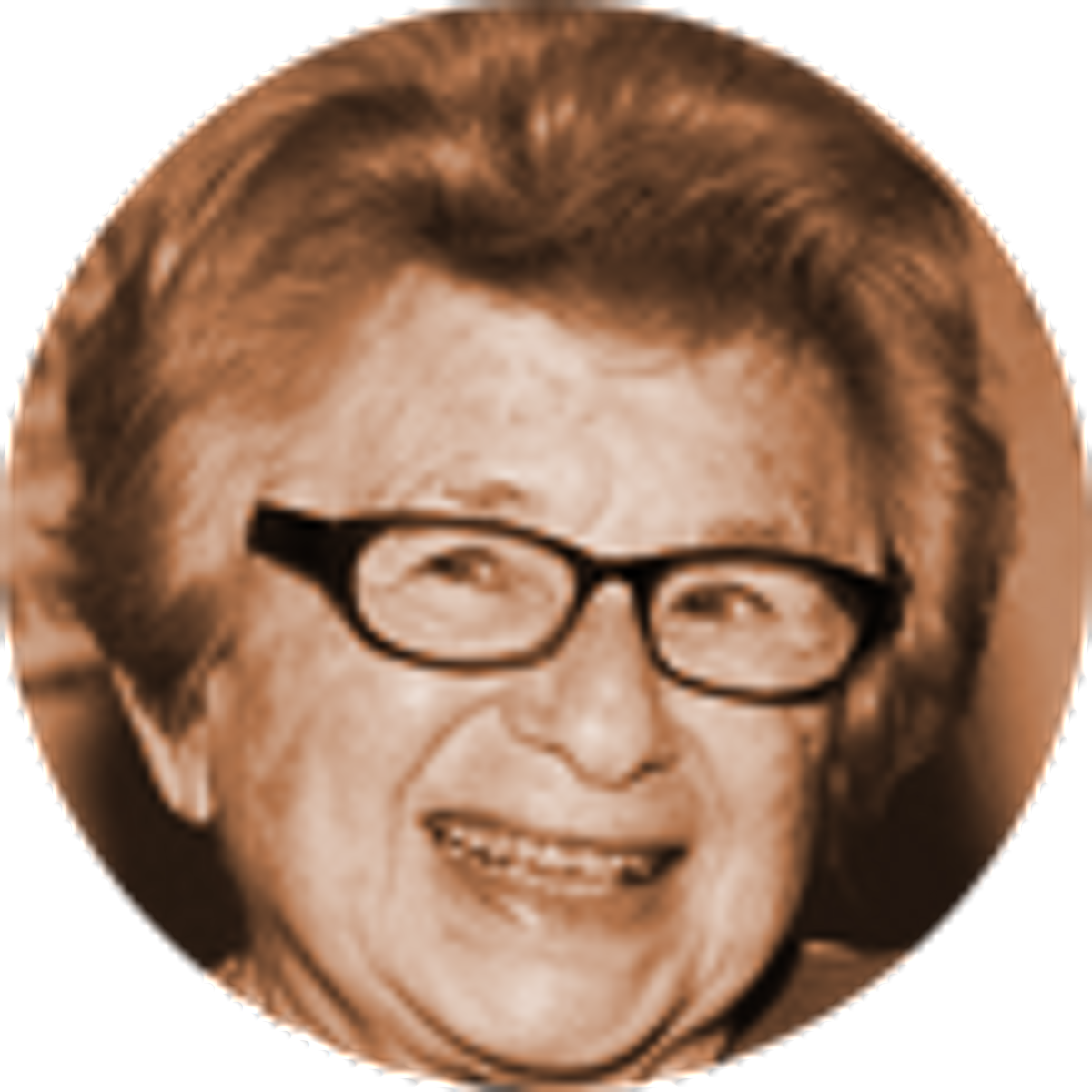
The one thing you must do in the New Year is pay greater attention to the humans next to you than the gadget in your hand. No matter how much you love your phone, it will never hold your hand or make your heart flutter. If you want to have a productive year, if you want to feel the warmth of human contact, if you want to marry or stay married, have children and get the most that life has to offer, put your gadgets down and connect to those around you with your mind, your arms, and your heart.
Shmuley Boteach, rabbi
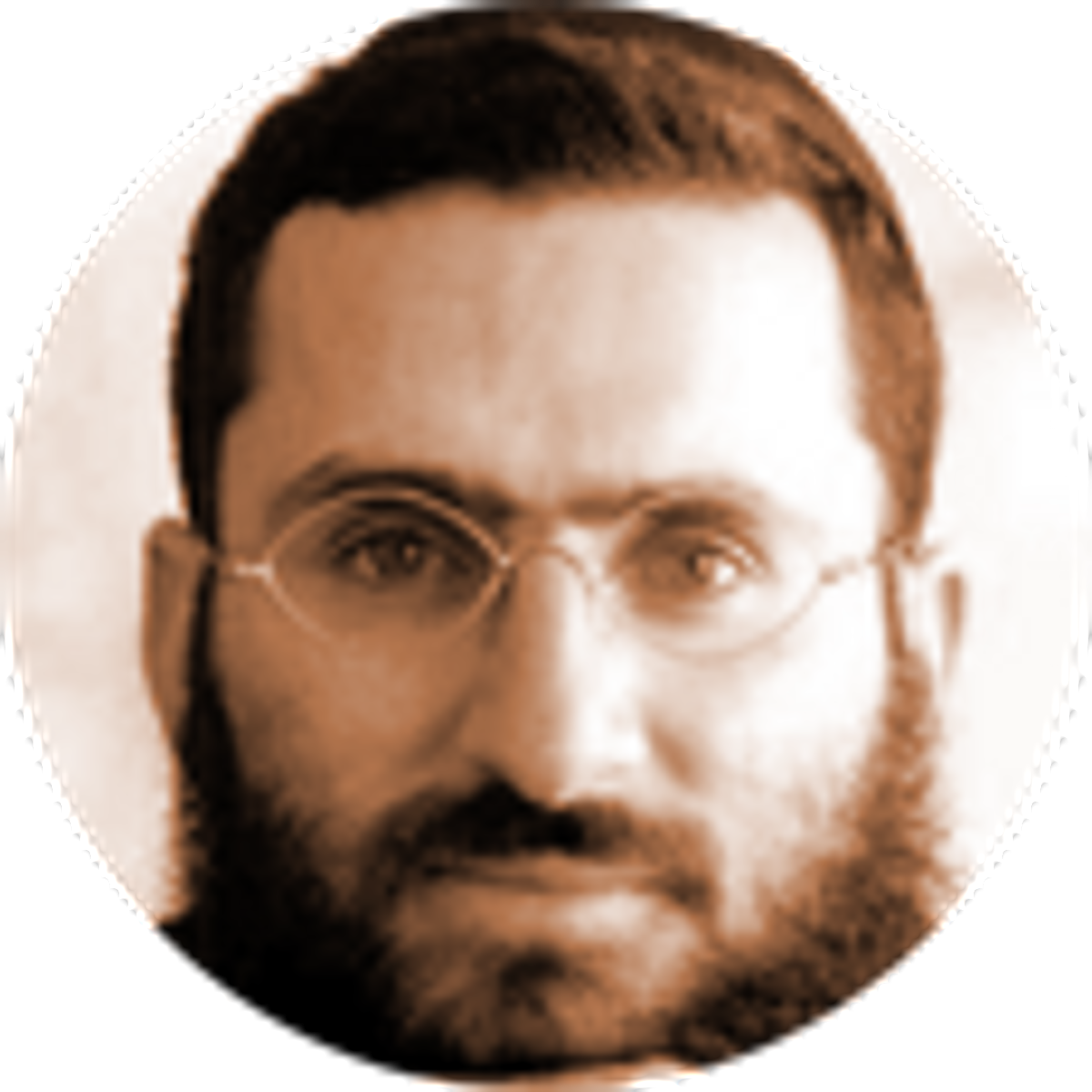
Obviously, as a rabbi, I say my three daily prayers, but I don’t always do so with a minyan. I give myself the excuse that I’m busy, I’m traveling, it’s not easy, and so on. But the truth is there are no excuses. Davening with a minyan makes all the difference. Your prayers are more structured, more focused, and so much more meaningful when offered with a congregation than doing it alone. I want to be motivated by the positive always, and the correct time to daven with a minyan is when you choose to do so, and are not, G-d forbid, compelled to do so. I’m about to publish a book called The Fed-Up Man of Faith: Challenging G-d in the Face of Tragedy and Suffering, based on this theme. We want to always do things out of a sense of blessing rather than be impelled through, G-d forbid, a curse.
Emily Nussbaum, television critic for The New Yorker
My goal this year is to use the word “ham-handed” in a TV review. I also want to cook 4 percent more (I’m a terrible cook), wear eyeliner, buy a bunk bed for my two boys, go see more standup comedy, read something fancy like Montaigne, and convince my husband to grow a mustache. Plus, write notes to people when I admire something they wrote (like Nora Ephron and David Rakoff did) and gossip more.
Niki Russ Federman, fourth-generation owner of Russ and Daughters, New York
My resolution for 5773 is to sit my tuchus down and meditate. When I have a regular practice of watching my mind, I find that I become more self-aware and compassionate, and a little less meshugenah. For that kind of benefit, I think, “Why don’t I do this every day, even if only for 10 or 20 minutes?” It’s not called a “practice” for nothing.
Doreen Carvajal, author
True confession: The first time I celebrated Rosh Hashanah was when I was a busy city reporter in my twenties and received an inopportune jury summons from the Philadelphia courts to serve that day. I had no idea then about my Catholic family’s secret Sephardic Jewish identity, but citing the holiday helped me escape duty for the moment. The Philadelphia courts knew something I obviously didn’t. They sent a new summons for Dec. 24. I served.
Now Rosh Hashanah has fresh meaning for me as I pursue a quest to restore our Jewish identity like some old farmhouse, stone by stone. I plan to celebrate this new year by working on the neglected foundation, reading the Hebrew Bible from Genesis to Deuteronomy. Another confession: It is the first time.
Shalom Auslander, writer
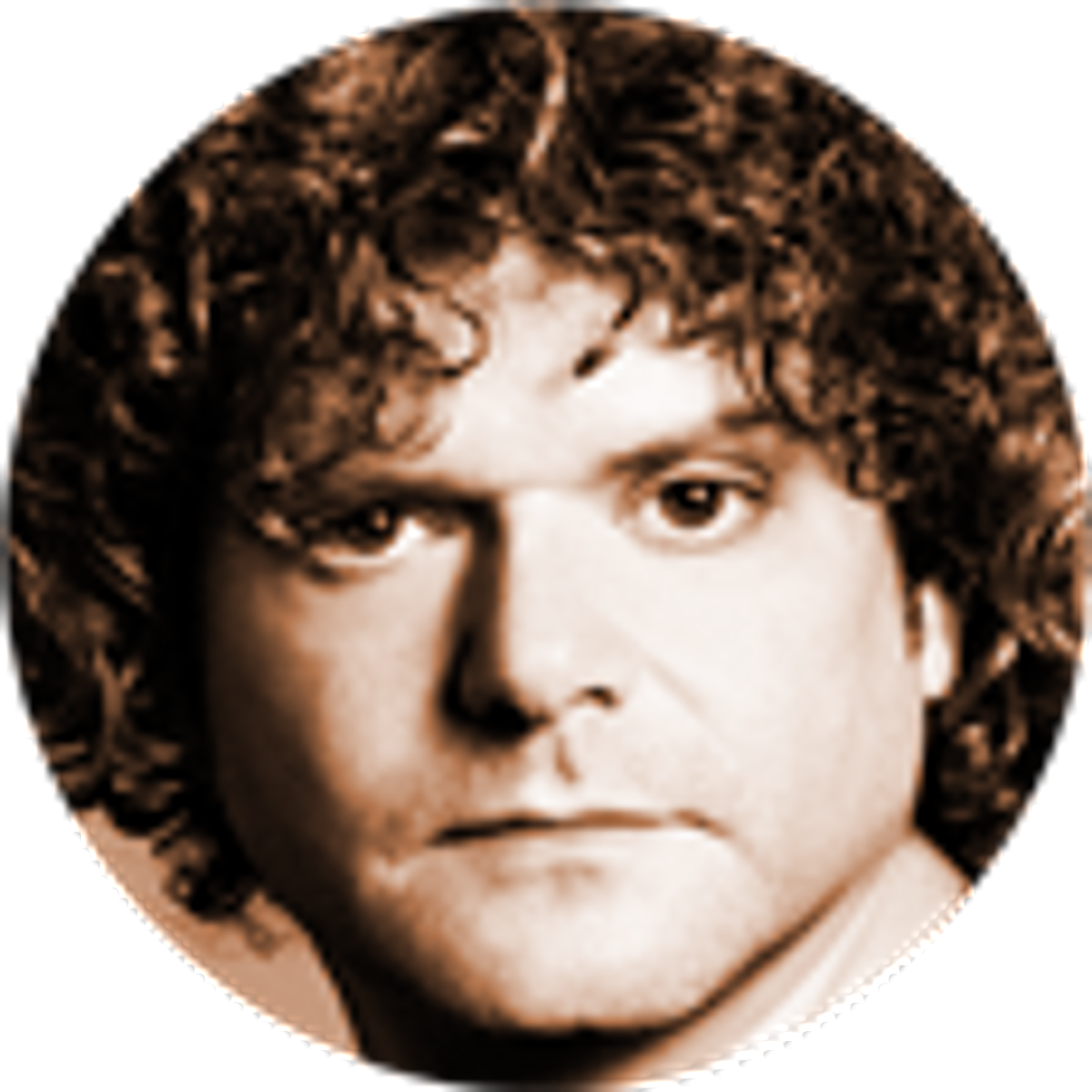
It was close.
So, so close.
I almost made it this year: to a new freedom, to a new benchmark of sanity and recovery. And then I called my shrink for an appointment.
He is a wise and caring man, but an Orthodox man as well; I forgive him this bit of insanity since he has cured so much of mine.
Can I see you next Monday? I asked.
He laughed.
Well, he replied, the good news is that I don’t have any other appointments that day.
Great, I said. What’s the bad news?
He laughed again.
The bad news, he said, is that it’s Rosh Hashanah.
Fuck, I thought.
Not just because it meant he wasn’t going to be seeing patients. But because I’d almost forgotten.
I’d almost, for the first time in my life, made it through the High Holidays without remembering that they were upon us. For me, this has always been a time of year marked by tension and stress—about God, about death, about punishment, about family. It is the Eseret Yemei Diarrhea, and most years I live on Immodium and Pepcid from Labor Day until October.
And this year, I’d almost made it.
I’d almost forgotten.
That is my goal: religious oblivion. Cultural unlearning.
That is where I will find meaning for next year: in, at last, forgetting.
I pressed the phone against my forehead and sighed.
OK, I said. How’s Wednesday?
Sarah Lazarovic, filmmaker and illustrator
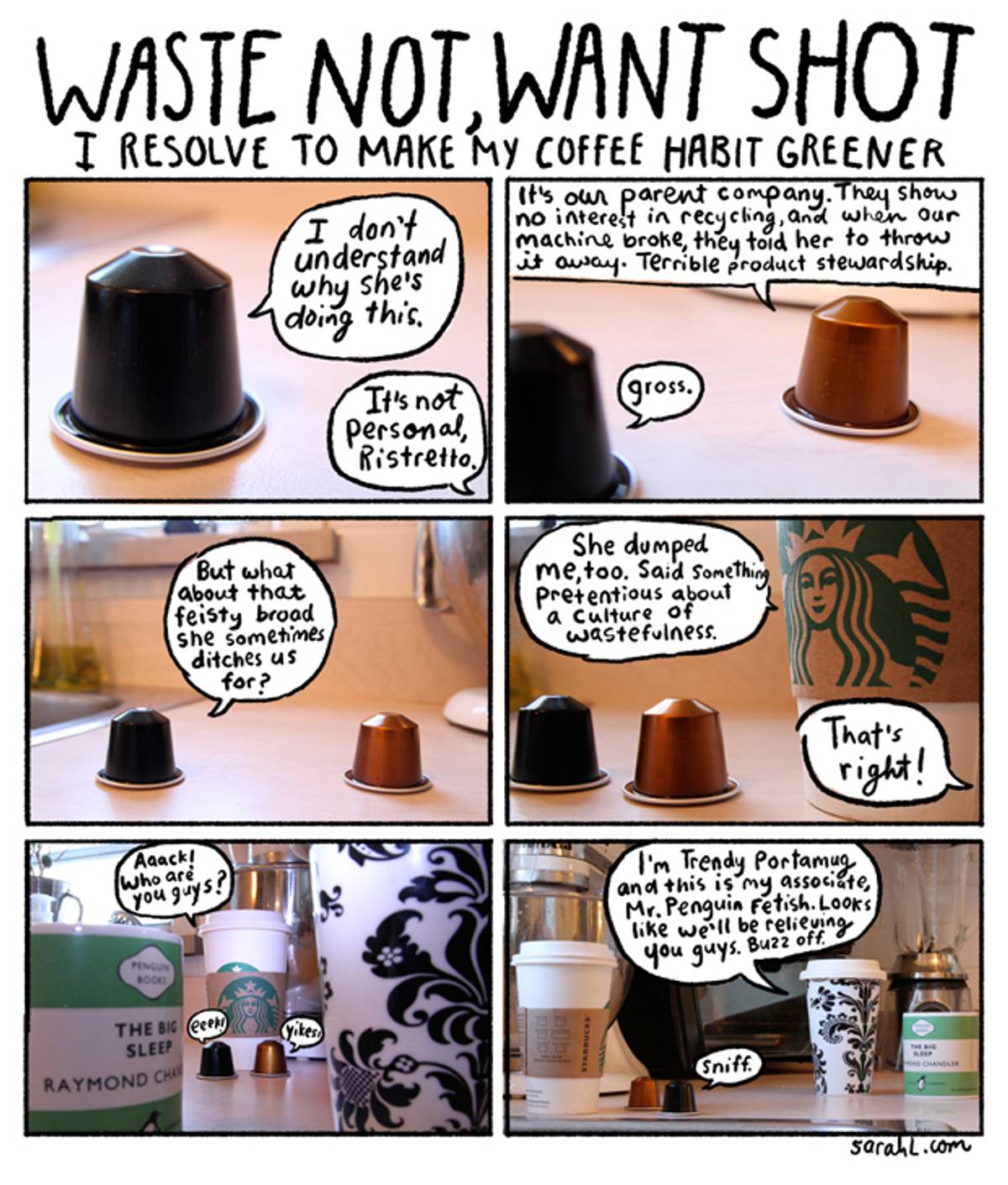
Stanley Fish, professor of humanities and law at Florida International University, in Miami
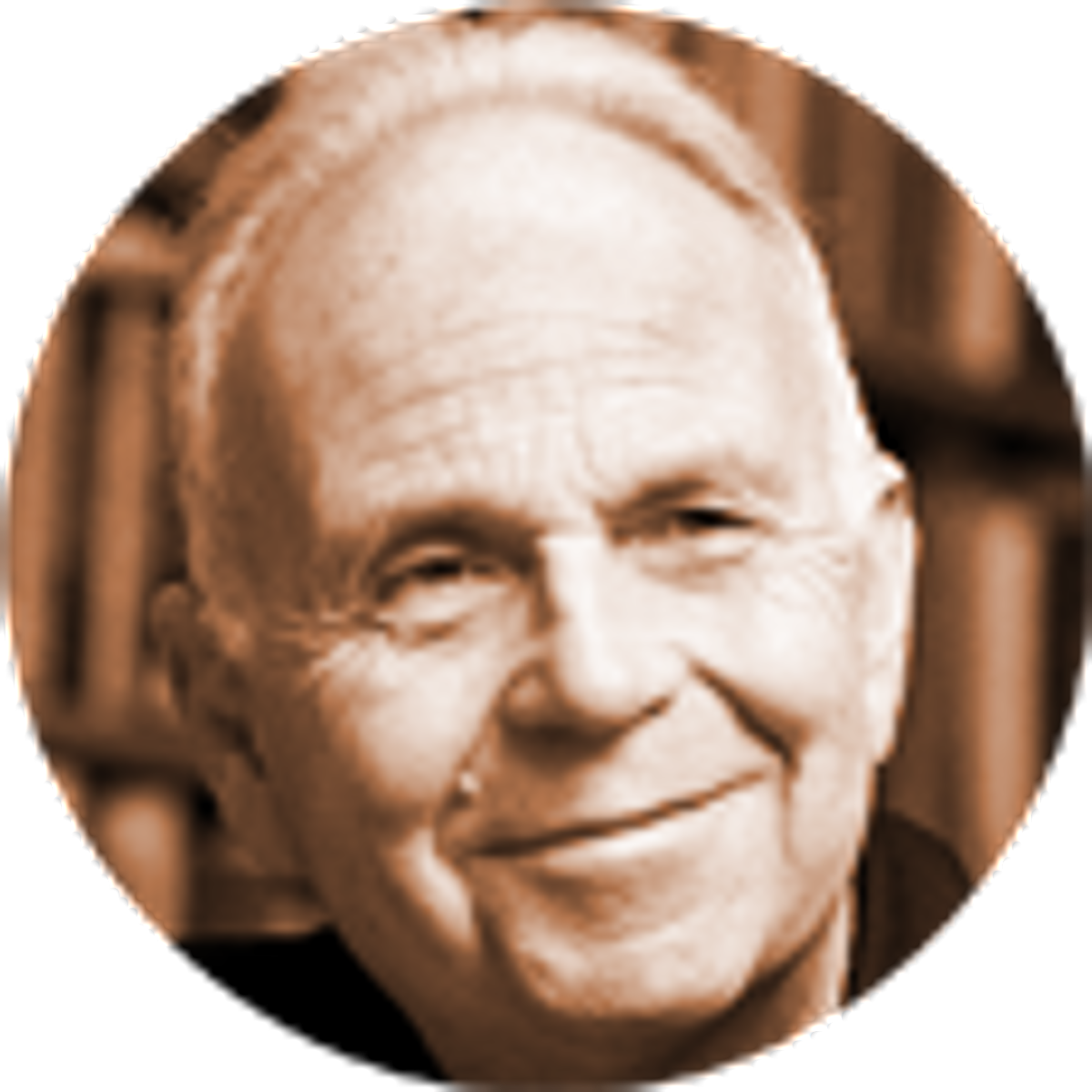
I am 74 years old and continue to do the same things I have been doing since I was 22. I have been unwilling to consider the necessity of rethinking my goals and aspirations in the face of the certainty that so little time remains to accomplish them. I resolve in the next year to stop hiding my head in the sand.
Fyvush Finkel, star of Yiddish theater, television, and Broadway
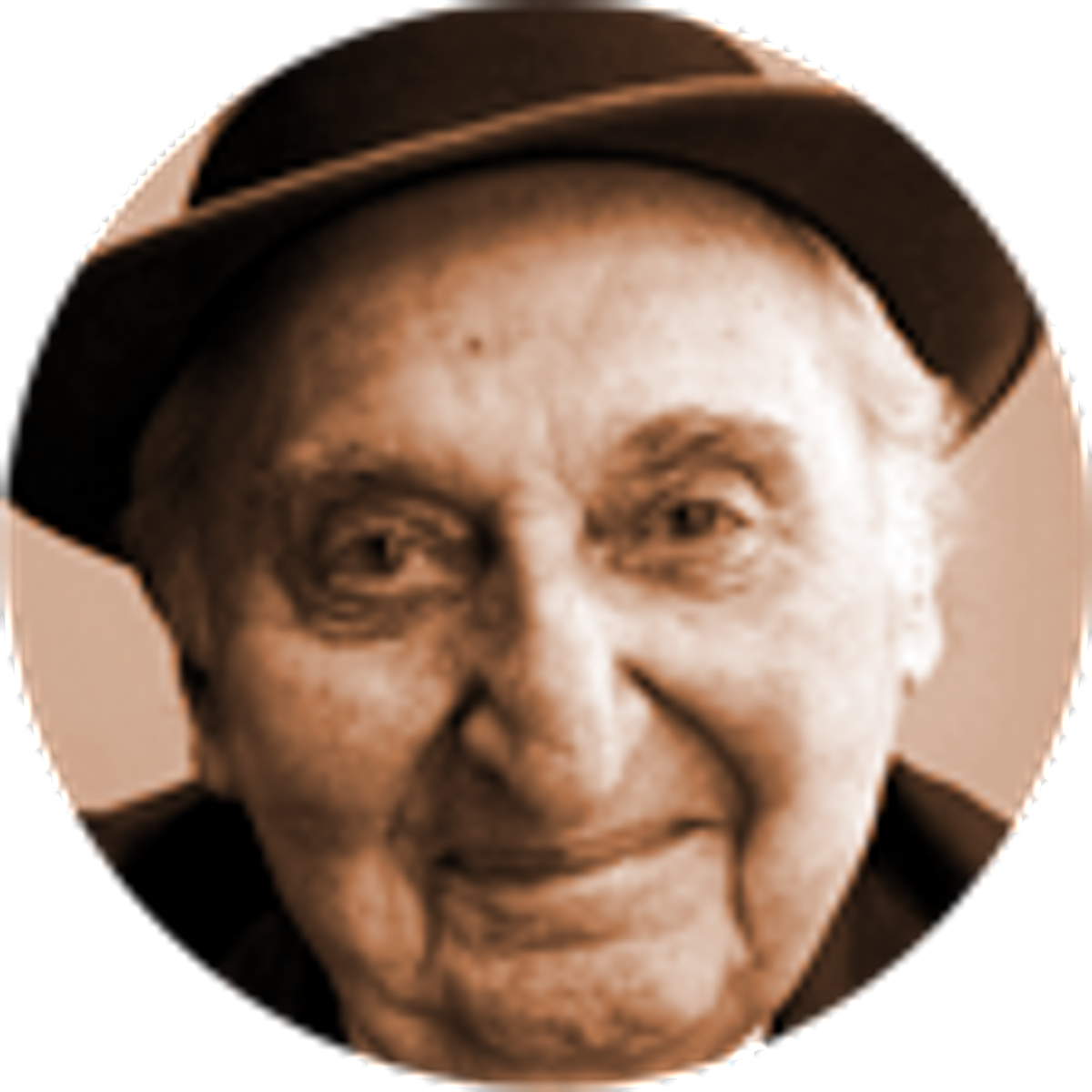
I don’t plan to retire; they’ll have to retire me. I want to re-open my revue, Fyvush Finkel Live! My dream is it should have an open-end run, that it should last a while, and people would come to see it.
At the age of 90, I want to make sure that my children are well taken care of when I’m not around, and to guide them, be around, keep them company. And my health! You’ve got to watch the way you eat. My doctor yells at me: “You’ve got to learn to eat like an 80 year old man! You can’t eat like you’re 20!” I watch my diet, try to lower my cholesterol. But of course, every now and then I take a steak. Don’t forget, I‘m Jewish, you gotta have a steak. And herring. Once in a while, you have to cheat a little.
Randi Weingarten, president of the American Federation of Teachers
This new year as we try to make the world a better place for working families, their kids and their kids’ educators, I want to take a minute to take a deep breath—no, not yoga; just a deep breath—to get some perspective on life and be grateful for the relationships/bonds I have in my life.
Deborah E. Lipstadt, Dorot Professor of Modern Jewish and Holocaust Studies at Emory University
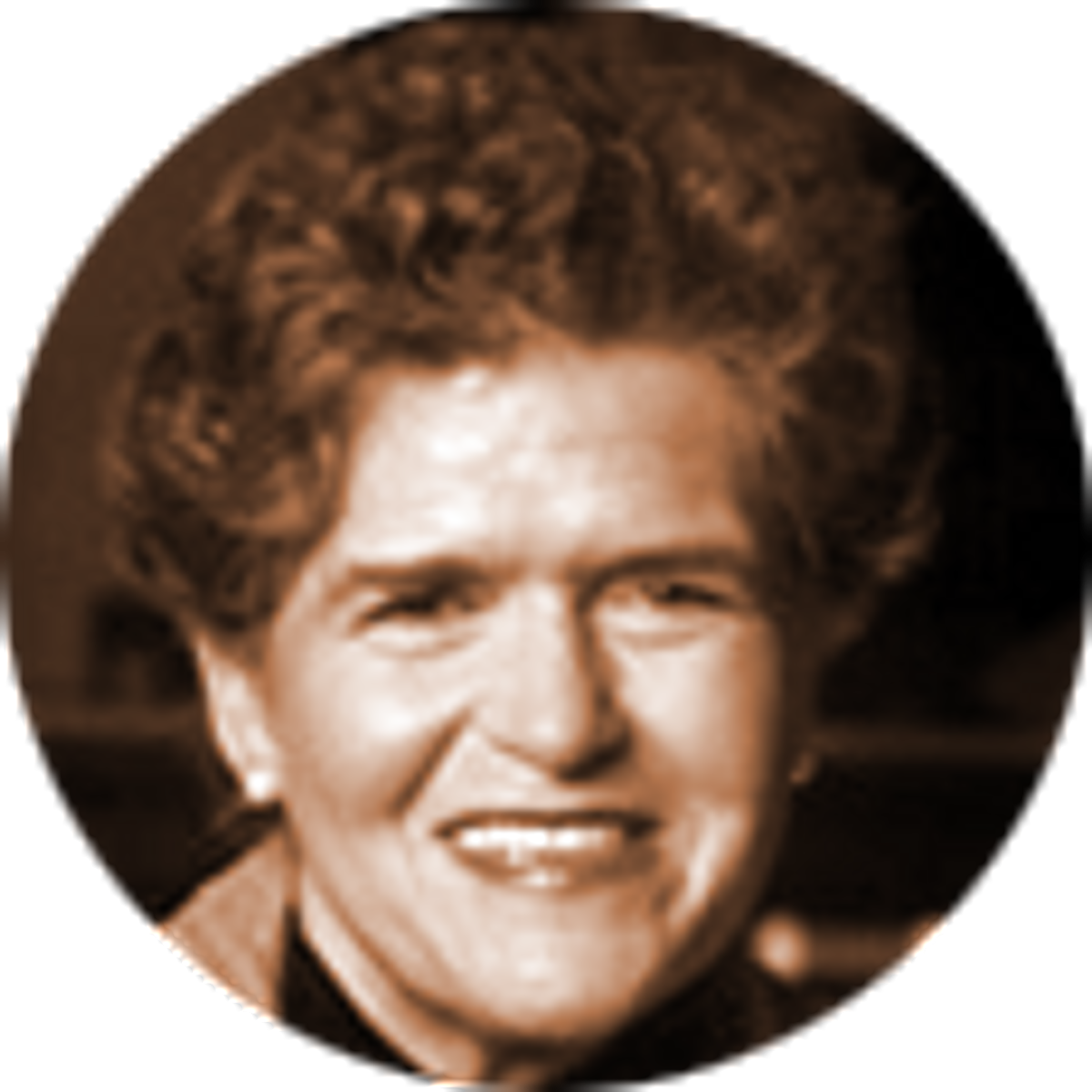
This past year I read nightly with a 5-year-old. His teachers taught him how to read; I taught him to love it. Every night we read for 15 minutes, the time the school requested. He’d set the timer. Soon he was setting it for 18, then 20, and then 22 minutes. At first we followed reading with a reward: a game of Angry Birds or iPad baseball. Eventually we forgot that and just read. And a few days ago this first-grader was placed in the advanced reading group with second-graders. This coming year, we’ll work on writing. I won’t worry much about spelling, penmanship, or grammar—that’s for his teachers. We are going to let his imagination rip. Some of his stories, I assume, will be fiction or as he says, “things that didn’t happen, like Charlotte’s Web,” and some will concern things that did happen “like dinosaurs, volcanoes, or Chumash.”
If he loves writing as much as reading, I will have had a very good year.
Jonathan Goldstein, frequent contributor, This American Life
In my early 20s, I was in a spoken-word band. I performed a piece about a pirate trying to steal my penis, and another about defecating out a racing horse on a first date. That kind of thing.
My best friend Howard was the drummer, and just before our first actual show, standing there on stage about to start, I turned to him and said, off mic, “I love you, man” to which Howard replied, “What’re you, Prince?”
That cured me of the spontaneous I-love-you’s for a good many years, but it’s something I miss and would like to re-instate because, as awkward as it can be to say such a thing, having someone die and never getting to say it at all is worse.
I need to start slipping them in somehow, like insurance. At the end of phone conversations might be a safe bet.
“I love you.”
“What?”
But it’ll be too late. I’ll have already hung up, and they won’t be able to do a thing about it.
Ruth R. Wisse, Martin Peretz Professor of Yiddish Literature and Professor of Comparative Literature at Harvard University
Canceled passports confirm that I’ve been to Israel 31 times since 1992, which is far too little, since some of those visits were for meetings, and very brief. Last year’s two-week stay was exceptional, with two of our children, their spouses and families, much of the time spent at playgrounds. I am ever grateful for family members who settled there, for organizations that schedule meetings there, for academic conferences and those who provide “excuses” for a visit in addition to those I take on my own. I must be in Israel for at least a small part of every year—and cannot imagine an ancestor who does not envy my good fortune. And to think that some people think we travel there for Israel’s sake!
Mayim Bialik, actress
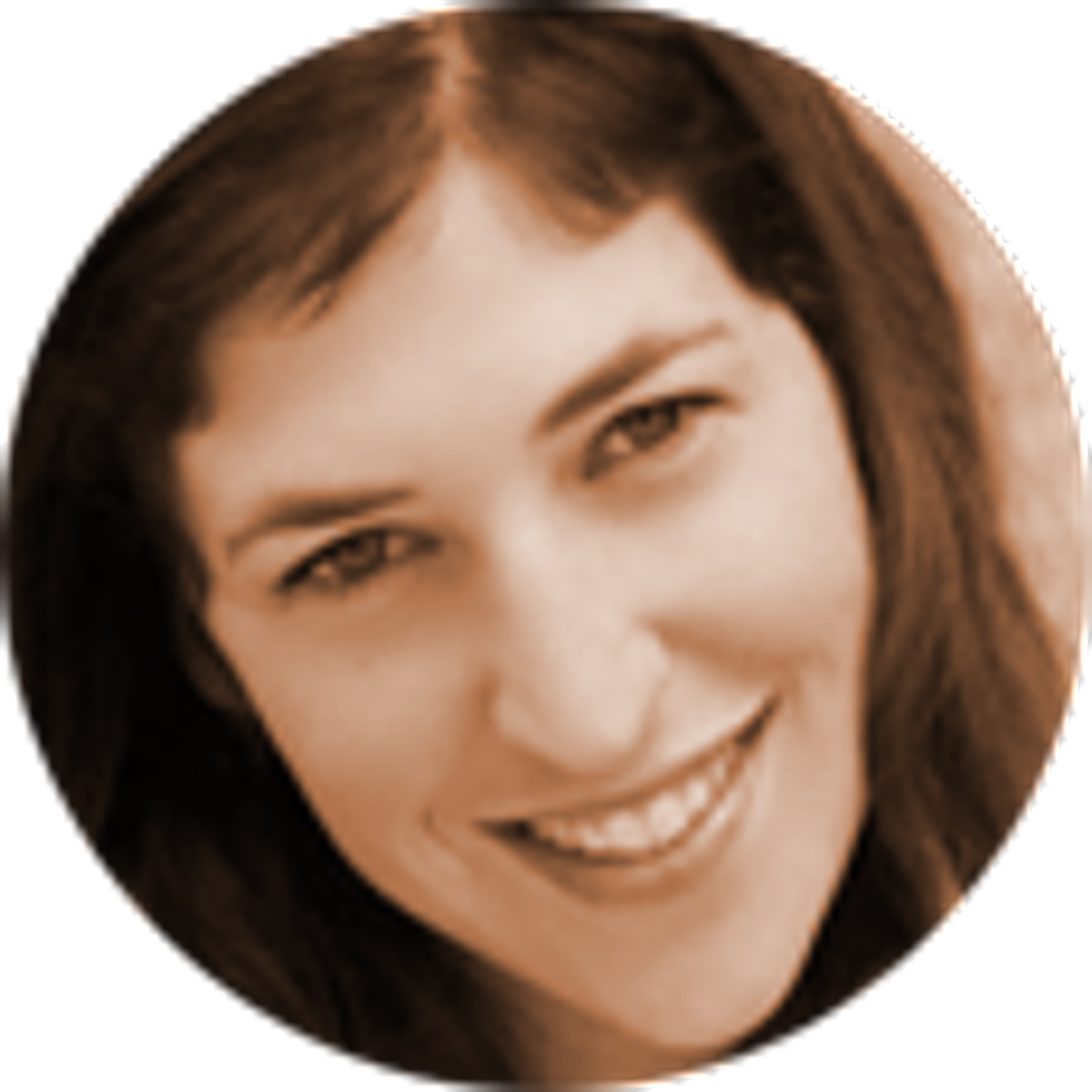
The last time I was in Israel was two years ago. I’ve almost gone a few times since then but just have never gotten around to it. This past year has seen an increase in my Jewish learning, observance, and sense of connection to the State of Israel. I had a serious car accident a month ago, and since then I’ve felt a very strong pull to go back to Israel. I would go so far as to say I feel like I need to go to Israel this year to heal from the accident, to heal from a particularly rigorous year emotionally, and to put my feet back on the Land.
Benjamin Brafman, criminal defense attorney
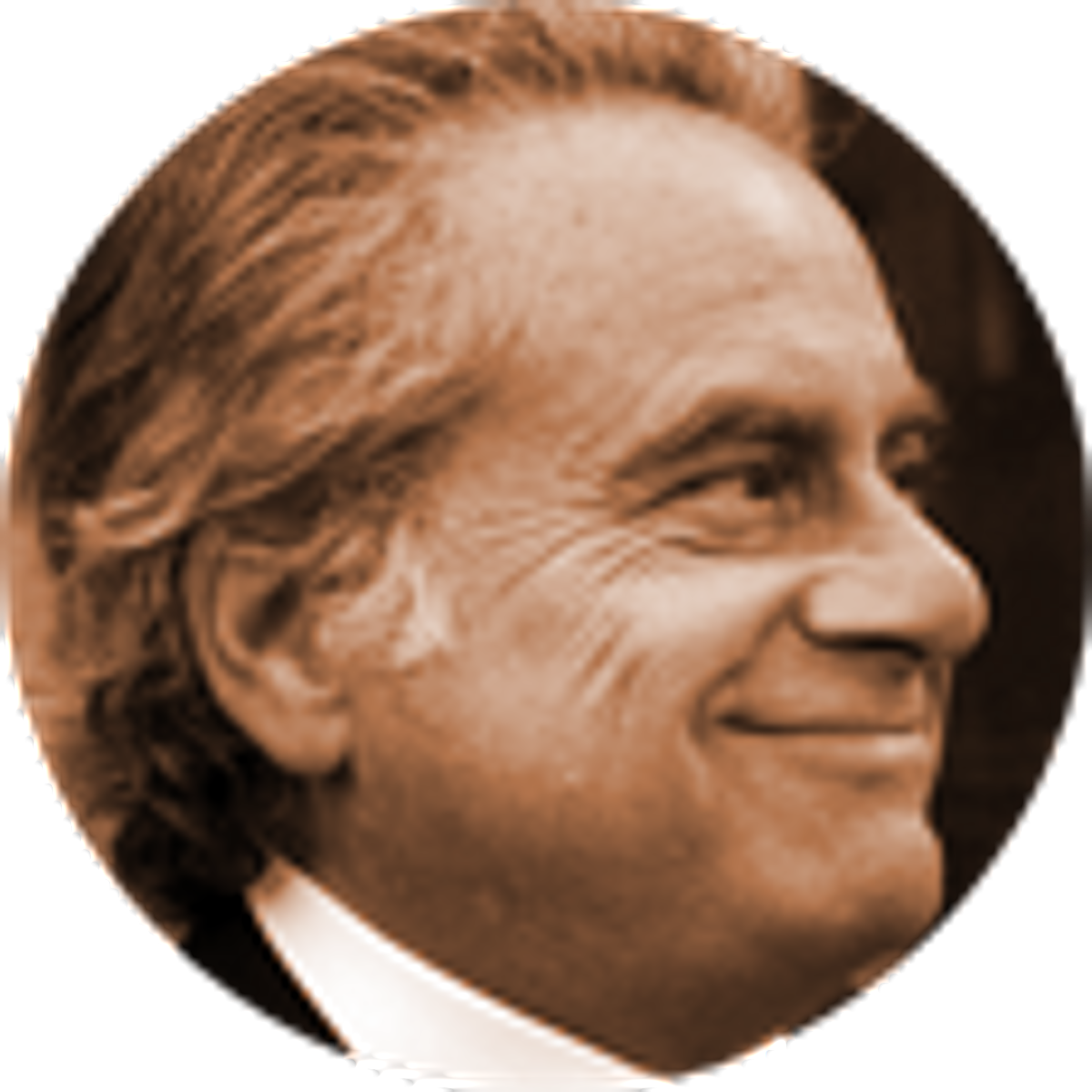
As a criminal defense lawyer, I am often standing beside someone who, although “only” accused of a crime, is nevertheless already destroyed in the eyes of family community and, if a public figure, destroyed in the eyes of the world as well. Giving those who have suffered public humiliation a warm handshake or hug when they may need it most does not cost anything—and giving someone the benefit of the doubt and, wherever possible, forgiveness, is priceless.
Daniel Seidemann, Israeli attorney specializing in Israeli-Palestinian relations in Jerusalem
I only have one “modest” goal for 5773: to keep the two-state solution alive. Keeping that solution alive means encouraging my Israeli compatriots—most of whom, while agreeing with me, are sipping cappuccino on the edge of a volcano—to abandon their state of denial; encouraging diaspora Jewry to transform their dedication to Israel from a teenage infatuation into an adult love; and encouraging friends of Israel to critically engage the Israeli government when its policies are self-destructive.
Andy Bachman, rabbi
This year I must, whenever possible, teach people that public service is not only a noble service but a necessary service for the true fulfillment of enacting on a scale that is expected of us values of justice and equality in our society; that paying taxes is an obligation like giving tzedakah; that politics, though debased, can be redeemed if everyone who truly cares about the future of this unique nation would agree to read the Federalist Papers, if only to be reminded of the sacred secular relationship our Founders had to the enterprise of building a nation. Similar to my relationship with Torah, I promise to uphold the Founding Documents of this country to keep alive the Covenant those first revolutionaries bequeathed to us.
Yossi Klein Halevi, Israeli author and journalist.
During a recent a meditation retreat, I realized how superfluous are most of the words I speak. There were few of the unspoken words during that week of silence that I regretted not saying.
Prolonged silence helps one appreciate the power of words—to heal or to wound. Verbal restraint helps create purposeful—useful—speech. Each life is allotted a finite number of words. I hope in this coming year to choose mine more carefully.
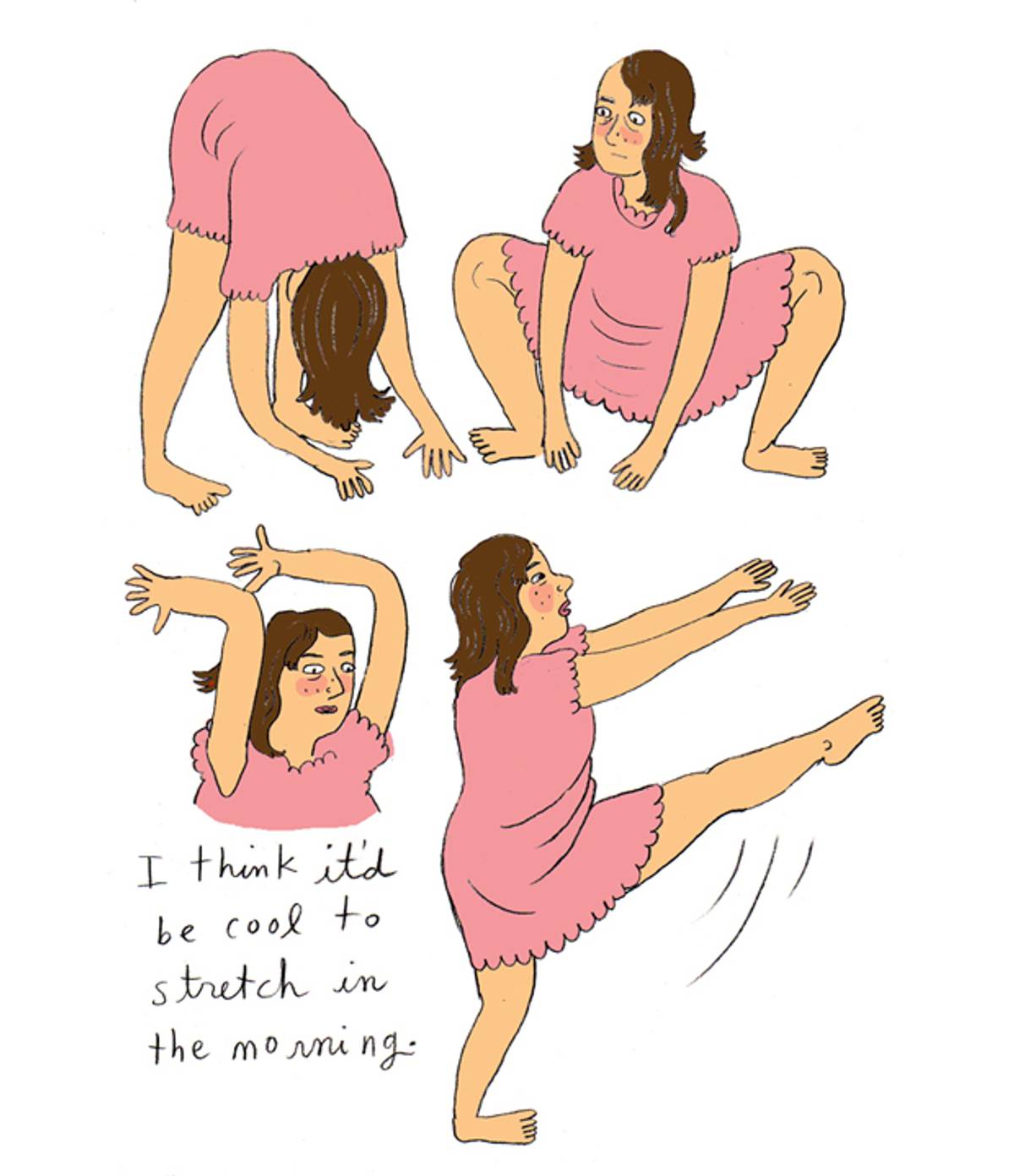
Jonathan Ornstein, director of the Jewish Community Center in Krakow, Poland
Go to Auschwitz. Feel sad. Feel angry. Contemplate the unimaginable loss. Weep for the souls of the victims. Say “Never Again.” Then go one hour down the road to Krakow and learn the real lesson of the Holocaust. Go meet a growing, vibrant, optimistic, pluralistic, forward-looking Jewish community that refuses to allow itself to be defined by tragedy—the one community in Europe where it is getting better, safer, and easier to be Jewish every single day. Learn the lesson of the Holocaust that the Krakow Jewish community has learned: The strength of the Jewish People lies in defining ourselves by what we do, not by what is done to us.
Ruth W. Messinger, president of American Jewish World Service
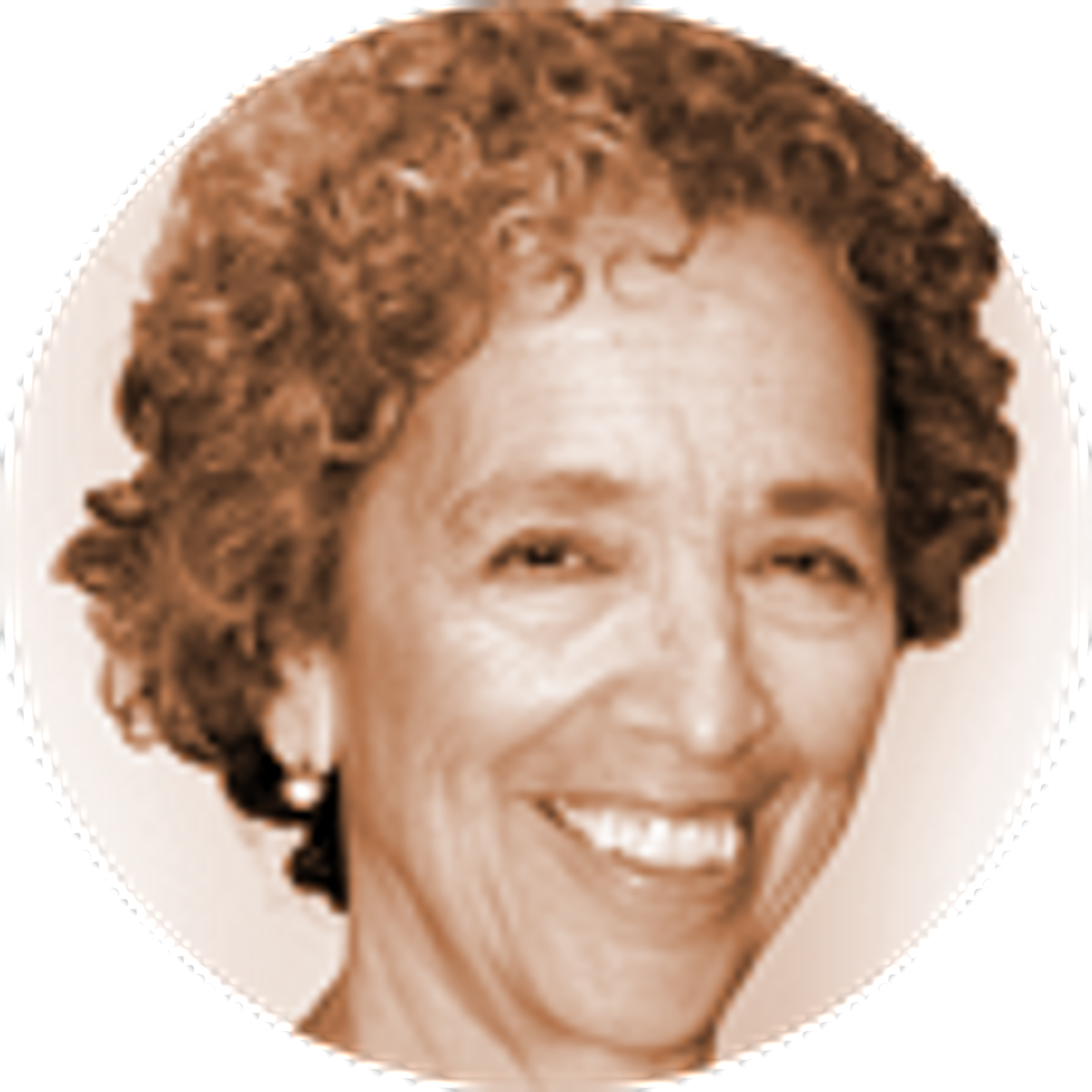
My new year’s resolution, for myself and for the Jewish community, is to deepen our appreciation for people we perceive as “others”: bus drivers, janitors, the cashiers who ring up our strawberries, farmers in El Salvador, garment workers in Cambodia. Far too often, we focus on our own lives and problems, failing to give other people the dignity they deserve. At this time of personal accounting, we must expand our sense of collective responsibility by seeing the full humanity of others.
Daniel Okrent, writer and editor
I resolve to spend the coming year bringing Old Jews Telling Jokes to those who really need it—namely, gentiles. Our premise is that anyone can be an Old Jew, as long as you’re willing to laugh your way through tsuris, disappointment, and gastric distress.
Robert Siegel, host of NPR’s All Things Considered
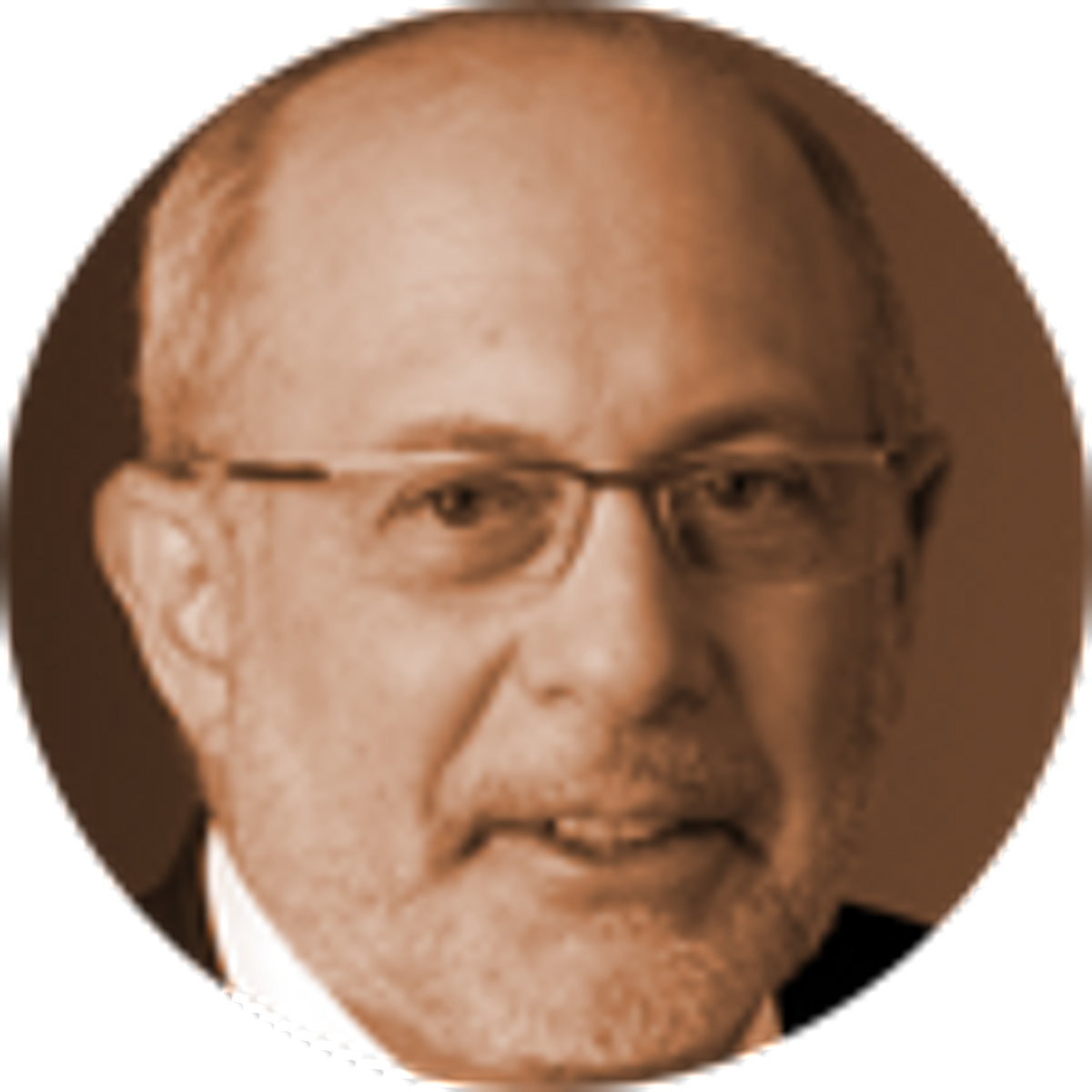
I have no grand resolutions of a spiritual, social, or moral sort. But I do seriously intend to take off at least another 10 pounds this year, which reflects both vanity and a desire at age 65 to maintain my chances of seeing age 75, if not 85, and a lot more of my grandchildren, to boot. I also intend to finish reading Don Quixote on the Kindle. But I said that last year, too.
Elizabeth Wurtzel, author, journalist, lawyer
I don’t know what anyone else needs to do in the next year, and it almost doesn’t matter to me as long as I write a book for the first time in about a dozen years. Looking back on my 45 years of life and looking ahead to likely at least another 45 more, I don’t think much has been worth it, except for the words I put down. Fortunately, they are worth a lot to me, and it seems like to other people along the way. So, it makes no sense that I write so much less than I used to, when I ought to do it so much more. I can only explain that as the worst kind of self-destruction taking over, but what a powerful drive. It is a force so great, it ruins the best thing about a person, and then it makes life not worth it at all. All that havoc could be so easily avoided by just doing what God intended. So, I had better write a book. And everyone else had better do whatever it is he really should be doing. Or what’s the point?
Michael Wex, Yiddishist
For better or worse, we’re living in a society in which higher education is a product to be purchased rather than a right to be claimed, which is why, after four months of coaching my daughter, a petite high-school senior, in the finer points of bankable minority status–“Canards about shillelaghs and those fabled pots of gold have blinded the larger world to the beauty and meaning of Leprechaun culture”—I have decided to make 5773 the year when Wex sells out. Enough drowning in yiddishkeyt; I’m going to pull on my mass-market Speedo and dive straight for the Lowest Common Denominator. Mars Needs Mikves will get me out of debt; its follow-up, an English country-house mystery called No Bris for the Bishop, is going to send my daughter through Harvard. And once she’s there, no one’s going to care that she was borne on wings of shlock.
Leslie Epstein, author
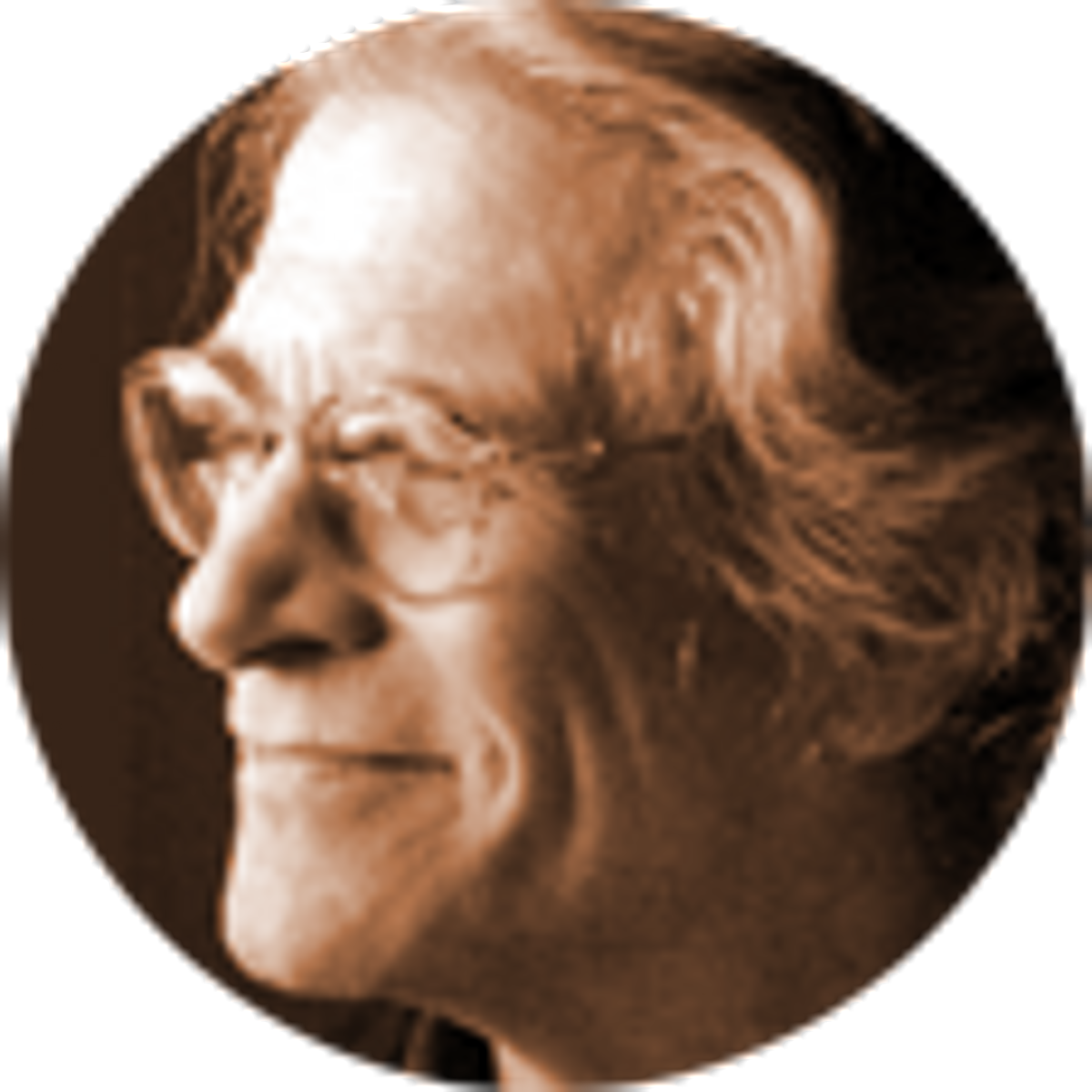
After a quick inventory of my brain I have found no one thing I must do to have a meaningful year. Rattling around are a series of small things that, if they don’t occur, will make for a disappointing 5742 (or whatever the hell this new year actually is):
—maintaining my 5-mile walk/run in no more than exactly one hour
—improving my backhand down the line
—paying attention to the other players’ hands at the poker table
—coming up with a hundred decent pages of a new novel. (I am now on page 20.)
—moving to France if Romney gets elected
—watching the Cubs get to 500
And a number of other such knickknacks.
Joshua Cohen, writer
My New Year’s resolution is straight-ahead: Stop imposing Hallmark® goyisher narrischkeit on Jewish tradition. It isn’t New Year’s. It’s Rosh Hashanah.
From the editors at Tablet Magazine